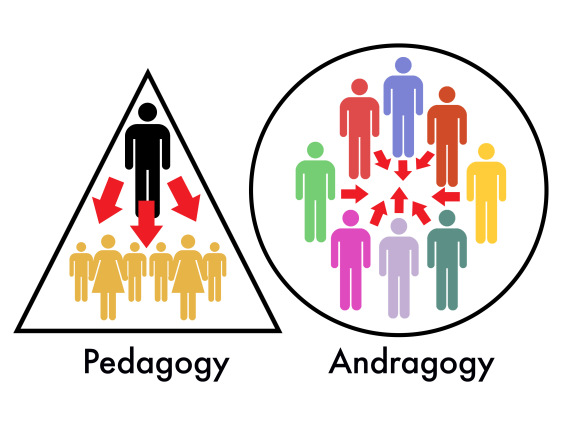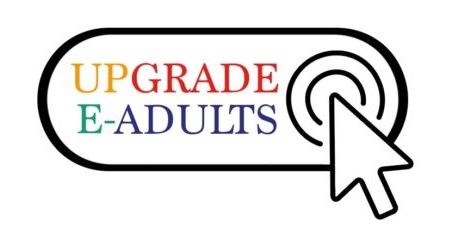
Andragogy, refers to “methods or techniques used to teach adults,” is a word coined in the 1800s by Alexander Knapp, a German educator, and popularized in the 1960s by Malcolm Knowles, an American educator whose focus was on adult education.
Pedagogy instead is well known as a child-focused teaching approach.
Comparison chart

For Knowles, andragogy is premised on at least four crucial assumptions about the characteristics of adult learners that are different from the assumptions about child learners on which traditional pedagogy is premised. A fifth was added later.
- Self-concept: As a person matures his self-concept moves from one of being a dependent personality toward one of being a self-directed human being
- Experience: As a person matures he accumulates a growing reservoir of experience that becomes an increasing resource for learning.
- Readiness to learn. As a person matures his readiness to learn becomes oriented increasingly to the developmental tasks of his social roles.
- Orientation to learning. As a person matures his time perspective changes from one of postponed application of knowledge to immediacy of application, and accordingly his orientation toward learning shifts from one of subject-centeredness to one of problem centredness.
- Motivation to learn: As a person matures the motivation to learn is internal (Knowles 1984:12).
Learn more about the adult learning process in this video
